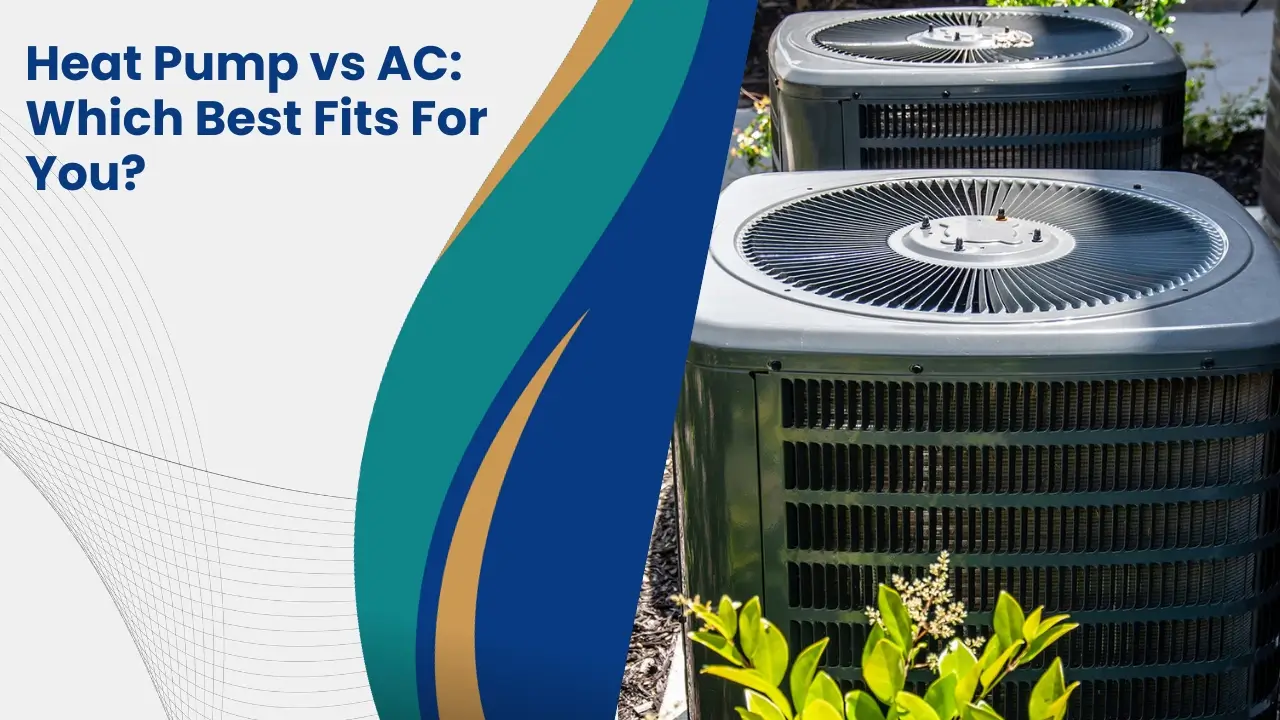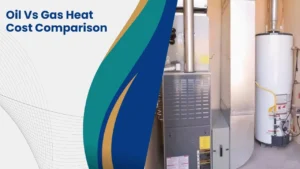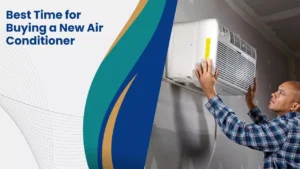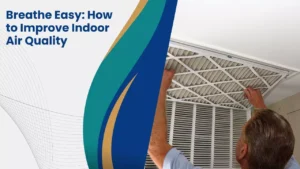A Heat Pump or air conditioner can preheat or cool an interior environment on hot, humid days. The determination of the most suitable solution is contingent upon the specific type of climate control that one needs and the financial means at their disposal. By reversing the flow of warm air into your home, a heat pump may either pump hot air out to chill you or warm air back into your home to provide heat. Conversely, a conventional air conditioner is limited to cooling the air. The essential differences between a Heat Pump and An Air Conditioner are analyzed, along with the variables that impact the costs associated with each.
Read on to get more information.
What Are Heat Pumps?
HVAC systems use refrigerators to exchange heat with home air through a heat pump. Heat pumps reverse refrigerant hot and cold ranges. They make it easier for heat to move between spaces in accordance with thermostat settings.
A heat pump system operates on two parts:
- an outdoor unit.
- an indoor air handler.
Types Of Heat Pumps
There are three types of heat pumps:
- air-source heat pumps
- water-source heat pumps
- geothermal heat pumps
Air Conditioning
Air conditioning improves indoor air quality and creates a comfortable environment by directing cool air to a small area. By removing heat from the outside air, air conditioners return cool air to the space. Air conditioners do this by absorbing heat from the surrounding air through the condensation of the refrigeration air. The cool air is then sprayed throughout the house through ducts or vents. In contrast to heat pumps, air conditioners do not provide thermal comfort to a house. To generate heat, an appliance like a furnace is required.
Heat Pump Compared With Heat Pump
Two common home cooling appliances are air conditioners and heat pumps. Refrigerator cooling and home air conditioning both require energy. Their varied modes of operation constitute their primary distinction. In contrast to air conditioners, which only remove warm air from a room, heat pumps transmit heat energy from one location to another.
Because it can be used for both heating and cooling, a heat pump that uses reverse valves to circulate hot air inside during winter and convert it into a flowing refrigerant is a more efficient solution. Conversely, air conditioners are great for cooling the house and for use in hot climes. They require little maintenance but are especially useless in the winter when room temperatures drop and warm air is needed.
Also check: How to Clean the Dust Out of An Electric Space Heater?
Cost
Heat pumps cost more than ACs. Installation costs of heat pumps are $4,200–$7,600, depending on size and functionality. Installation is cheapest with small air heat pumps with segments.
Geothermal and solar heat pumps range in price from $18,000 to $34,000, depending on the kind. The superior heating and cooling capabilities of heat pumps justify their greater price.
Central air conditioning installation costs $3,800–$7,500, so this discount is significant. New appliances are needed to keep the house warm in winter because air conditioning is insufficient. Your energy bills will rise. HVAC installation might cost $12,000–$12,000.
Utilizing Energy Efficiently
The seasonal energy efficiency ratio of a cooling system can indicate its efficiency (SEER). S.E.R. is calculated by dividing the system’s electrical energy consumption by home heat removal. This will help you determine the efficiency of a heat pump or air conditioner. SEER ratings directly correlate with system efficiency. Your bottom line will benefit from system efficiency.
Heat pumps use less energy than air conditioners. They dehumidify air more efficiently than conventional air conditioners, saving power. Heat pumps outperform electric resistance heating systems in performance. The US Department of Energy reports that switching from a furnace or baseboard heater to a heat pump can cut heating electricity consumption by 50%.
A heat pump’s operating costs depend on its location, size, and weather. Heat pumps pollute more in temperate regions despite working well in frigid regions.
Longevity
Air conditioners use more energy than heat pumps since they only chill the air when needed. However, there are some notable exceptions. Here are several factors that affect HVAC system longevity.
- how often you use it and
- how well you maintain it.
- The climate you live in can also affect the life expectancy of either system.
Both endure longer in chilly regions than in hot areas.
Both systems require expert maintenance every year to function properly, so have a competent technician inspect them and make any necessary repairs or modifications. Both systems may offer you many years of reliable cooling and heating performance if properly maintained and used.
DIY vs. Professional Installation
Although certain houses may manage with minimal assistance, we recommend that professionals be hired to install heat pumps and air conditioners.
Professional installation of a heat pump is required to ensure that the system is sized appropriately for your house and installed in the most advantageous place. An expert will also be familiar with the specific needs of your climate and local building codes. In frigid climates, for example, additional heating may be required when outdoor temperatures fall below freezing.
Professional installation of air conditioning is also recommended. During installation, there is a risk of electrocution; therefore, air conditioning units must be sized, leveled, and insulated appropriately in order to operate properly. In addition, installation procedures, including refrigerant charge and evaporator coil cleaning, ought to be delegated only to certified professionals.
In summary, it is not advisable to attempt the installation of heat pumps and air conditioning systems alone. It is essential to perform the task accurately so that your home operates at peak efficiency and is filled with comfort.
Conclusion
No universal answer can be considered. Heat pumps and air conditioners each own their own set of benefits and drawbacks. By considering factors such as financial constraints, desired efficiency of energy, personal installation inclinations, and meteorological conditions, one can choose the most appropriate system for their particular situation. Not only must you choose between the two, but you must also choose which one would provide the greatest comfort and efficiency for your home or space.





